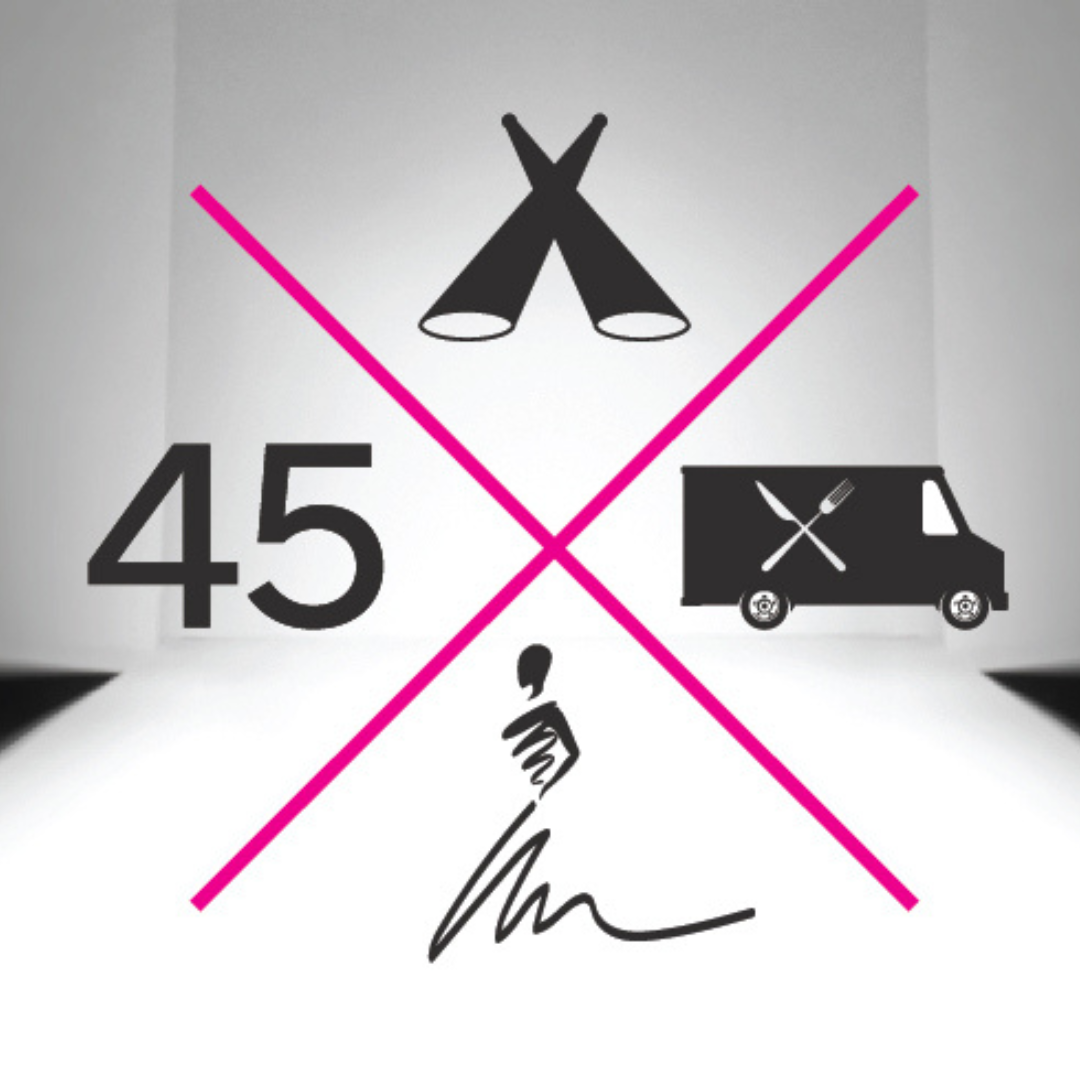
 A bail bondsman is often an integral component of the judicial system. While it may be enough to at least have a high school diploma, additional training is often needed to get licensure. In other words, to become one, you must complete the required training, testing, and licensure.
A bail bondsman is often an integral component of the judicial system. While it may be enough to at least have a high school diploma, additional training is often needed to get licensure. In other words, to become one, you must complete the required training, testing, and licensure.
Despite a decline in crime in the country, individuals continue to run afoul of the law. Domestic violence, theft, and firearms violations are all common crimes. Whether the accused is guilty or not, it is your responsibility to secure their release as quickly as possible.
Step 1: Work for a Bail Insurer or Agent in Maryland for One Year
Before applying for a license, prospective bail bond agents must have worked directly for a bail insurer or agent for at least one of the previous three years. This experience enables you to see how bond dealers do business and maintain records controlled by state authorities.
It is not unusual for Maryland bail bondsmen to seek an education that would better equip them to operate their own bail bonds business during this period. It may be an undergraduate certificate in criminal justice, business courses, or a complete degree program in psychology, business, law, or criminal justice. For more information, you can check out https://www.bobblockbailbonds.com/areas-served/bondsman-baltimore-md/.
Step 2: Determine Eligibility
Because the bail bondsman profession is challenging and involves knowledge of finance, contract law, and criminal law, most state licensing boards–often divisions of state insurance departments–require that bail bondsmen fulfill specific criteria to get a license. It usually comprises the following:
- At least 18 years of age
- Possess either a high school diploma or a GED
- Complete a pre-licensing course.
- Complete the state licensing examination
- Possess adequate financial resources to fulfill any financial commitments incurred as a surety
- Possess the backing of a surety business

Step 3: Verify the training and testing procedures
Some bondsmen continue their education and get degrees in areas such as law. While not required for bail bonding, these degrees provide specialized expertise. For instance, a law degree will educate the bondsman on the ins and outs of the judicial system.
Nonetheless, a person must pass the state’s licensing test to get a bail bonds license. In certain instances, you will have to complete a pre-licensing course. This bail bond training course will familiarize you with the fundamentals of your future job.
Consult your state’s Department of Insurance to determine the location of bail bondsman schools. After completing your training, pay about one hundred dollars in examination costs and sit for the license test.
Step 4: Pass Maryland’s Mandatory Examination
The state insurance commissioner administers a qualifying examination. The applicant will get notification of the exam’s date, time, and location upon acceptance of their application. The examination questions assess the applicant’s fundamental understanding of bail bonds, federal and state bail legislation, judicial process, and the management of a bail bonds company, among other things. The examination will be waived at the Commissioner’s discretion for those with extensive expertise.
Step 5: Submit a License Application
Complete an application for a state license and submit any required fees. This form is available on the Department of Insurance’s website. Additionally, provide your test results.
You will undergo a thorough background check. Once everything is in order, you’ll get a one- to three-year license. You may be required to take another exam before being eligible for license renewal.
Step 6: Affiliate with an existing bail company or establish a new one
Most newly licensed bail bond agents begin their careers with an established bail bond company in their state to gain industry knowledge and build a network of financial partners. After gaining some experience, bail bond agents may establish their own bail company, which often involves applying for a firm license, submitting a surety bond, and setting the business per state legislation.
To be a bondsman is a tough job that requires understanding money, contract law, and criminal law. Most bondsmen pursue further study and get degrees in fields such as law. Bond dealers must meet specific requirements to get a license from licensing bodies.
Maryland’s Insurance Department conducts the qualifying examination. The examination questions evaluate the applicant’s basic knowledge of bail bonds, federal and state bail laws, court procedure, and bail bonds business management. Once all of your paperwork is in place, you’ll finally get your one-to three-year license.













































